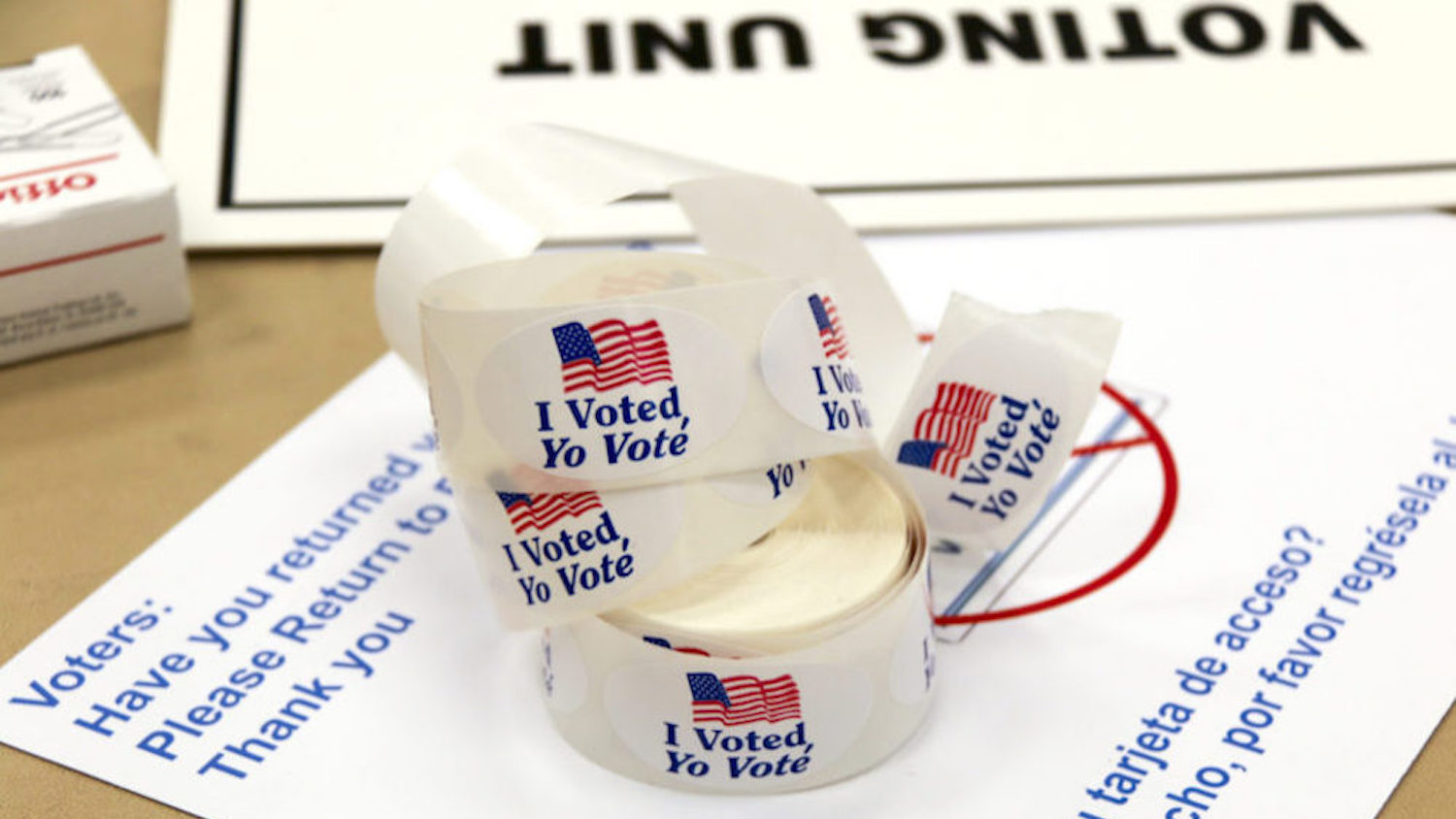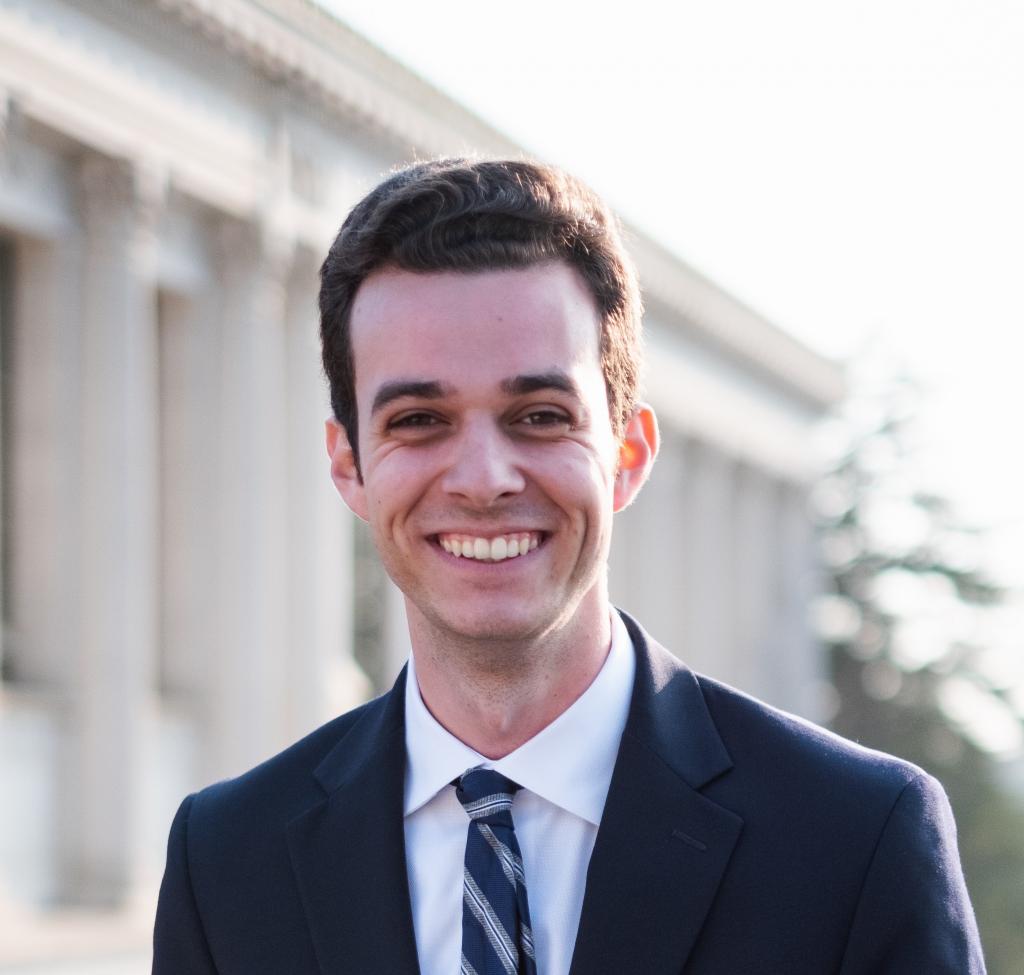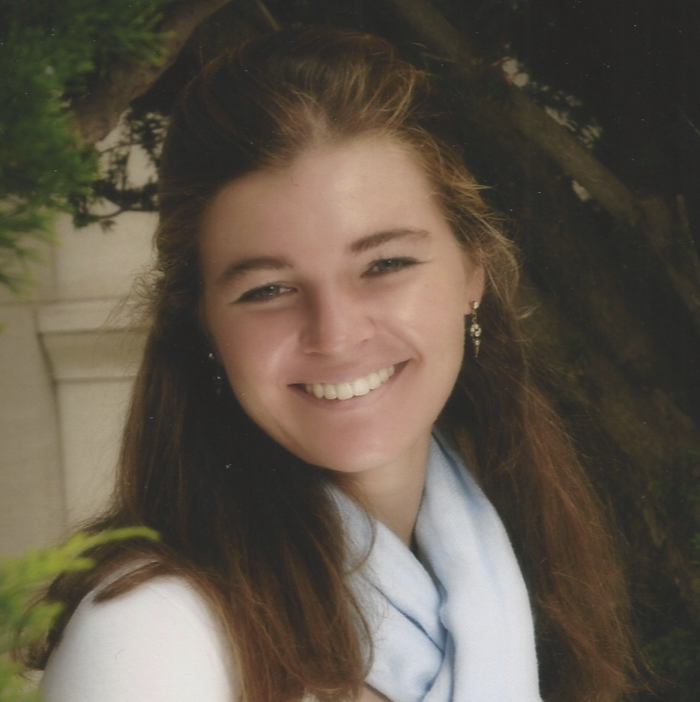Election Observation: Rules and Laws
Election observers play a major role in elections nationwide. What rules govern poll watching in U.S. battleground states?

Published by The Lawfare Institute
in Cooperation With

Lawfare is partnering with the Stanford-MIT Healthy Elections Project to produce a series on election integrity in the midst of the coronavirus crisis. The Healthy Elections Project aims to assist election officials and the public as the nation confronts the challenges that the coronavirus pandemic poses for election administration. Through student-driven research, tool development, and direct services to jurisdictions, the project focuses on confronting the logistical challenges faced by states as they make rapid transitions to mail balloting and the creation of safe polling places. Read other installments in the series here.
As states prepare for Election Day, many jurisdictions have paid considerable attention to poll workers. However, another group of people in the electoral process warrants more focus than it has received so far: election observers. Election observers, sometimes called poll watchers, are a cohort of people who watch over the U.S. voting process by reporting on inconsistencies, flagging election violations and challenging the authenticity of voters. These poll watchers have significant roles and responsibilities that play a major role in elections nationwide.
Many states allow poll watchers to observe the entire voting process—from voters casting their ballots to election officials counting votes. During this oversight process, poll watchers are enabled to report both discrepancies in procedure and rule violations to their respective boards of elections. These reports of rule violations can include accusations of on-site electioneering (in which a person attempts to politically campaign at a polling station) in addition to voter identification issues. In some states, poll watchers can even challenge the authenticity of any voter and seek verification of the voter’s identity before the individual casts a ballot.
The responsibilities of U.S. election observers and the manner in which they are selected varies from state to state. In some states, political parties appoint people to observe the process on their behalf. In others, any member of the public, regardless of party affiliation, may observe the way that ballots are cast and counted. The national variation exists mainly because the rules that govern election observation are created at the state level. Still, some counties have power over how these rules will be implemented locally, with some states allowing for county committees or county political parties to nominate their county precincts’ poll watchers.
Rules for Observers in Battleground States
States each have their own rules governing the observation of in-person voting, signature matching, mail ballot verification and ballot counting. This post covers rules for election observers in eight (loosely defined) battleground states: Arizona, Florida, Georgia, Michigan, North Carolina, Ohio, Pennsylvania and Wisconsin.
In-person voting election observers generally fall into one of two categories: party appointed or public. The majority of the battleground states—Arizona, Florida, Georgia, North Carolina and Pennsylvania—require poll observers to be appointed or nominated by a county or state party chair. One battleground state, Wisconsin, permits any member of the public to observe elections. And the two remaining battleground states, Michigan and Ohio, have both party-appointed observers and nonpartisan observers. Michigan has party-appointed poll challengers but the state’s poll watchers can be any member of the public. Ohio, by contrast, has poll watchers who are appointed by both political parties in addition to watchers appointed by ballot initiative committees, which are committees that are formed to support the passage of a legislative measure. But no matter the process, election observers—whether party appointed or members of the public—cannot promote candidates on the ballots, as that would violate state electioneering laws.
States also have differing requirements for observation of the signature matching and ballot verification processes. These rules vary in terms of party-appointed or public oversight. Some states appoint observers for these processes through political parties, others allow any member of the public to observe the process, and a few allow both public and party oversight. Regardless of the appointment process, the power of observers in each state varies greatly. Some state laws allow observers to challenge individual ballots while others permit observers only to observe signature and mail ballot verification.
Likewise, the battleground states have different policies governing oversight of the ballot counting process. Arizona and Georgia employ an oversight process by which poll watchers nominated by political parties can see the tabulation of ballots. Ohio appoints canvass observers by political party but also employs ballot initiative committees whose members are not always formed via the parties. And the majority of battleground states—Florida, Michigan, North Carolina, Pennsylvania and Wisconsin—use a public oversight process, in which any person can witness the tabulation of the ballots. Overall, states do not allow for poll watchers to interfere with the process; they can only observe.
Arizona
In Arizona, political party observers are nominated by the county chair of each party and are approved by the county recorder to observe specific voting locations on Election Day, a central counting place or multiple voting locations. Political parties in the state may agree to and stipulate the same number of observers at each voting place; if an agreement cannot be reached, the parties are limited to one observer at each location.
Political party observers in Arizona may observe the opening of polling places; voting at polling places (although observers must maintain distance between themselves and the voter to uphold the integrity of the secret ballot); the closing of polling places; the transport of ballots from polling places to a specified receiving site; and/or any other significant voting or processing activity, including vote counting.
In Arizona, counties are charged with signature matching under the supervision of the county recorder. During the signature verification process, the county recorder (or other designated election officer) will compare voter signatures on the affidavits with those in the registry. Up to two party observers—one from each party—may watch over “any significant voting or processing activities,” including the signature verification process. In addition, counties such as Maricopa County have discretion to allow up to two members of the public to observe the election process. During ballot counting, poll watchers can observe every stage of the vote counting process, from inspecting ballots to tabulating ballots to reviewing ballots.
Florida
In Florida, both the political parties and candidates are each entitled to have one poll watcher in each precinct on Election Day. Additionally, political committees formed for the purpose of advocating for an issue on the ballot may have a poll watcher in each polling room. The state clarifies that poll watchers may not be a member of law enforcement or a candidate on the ballot.
Poll watchers may observe the process, but they are prohibited from “obstructing the orderly conduct of the election.” They must pose any questions of procedure at the polling place to the clerk for resolution. If poll watchers seek to challenge the process they witnessed, they must submit the charge in writing to the county clerk; the submission must include a completed “Oath of Person Entering Challenge” form.
Florida also provides for the appointment of deputies to the election board, which is composed of all the poll workers in a precinct. The Florida election board observes election integrity by the Department of State, meaning that the board can nominate deputies “at any time it deems fit; upon the petition of 5 percent of the registered electors; or upon the petition of any candidate, county executive committee chair, state committeeman or committeewoman, or state executive committee chair.” The deputies have greater observing rights than party-appointed poll observers including “access to all registration books and records as well as any other records or procedures relating to the voting process.” In addition, by Florida law, “[t]he deputy may supervise preparation of the voting equipment and procedures for election, and it shall be unlawful for any person to obstruct the deputy in the performance of his or her duty.”
The general public in Florida is allowed to inspect ballots and to be present for the canvass of mail-in votes. If any eligible voter observing the process believes “that any ballot is illegal due to any defect,” that observer may file a protest with the canvassing board. Additionally, candidates and their representatives are allowed to be present during this mail-in ballot inspection process, and candidates and their representatives may file protests with the canvassing board to challenge the validity of any ballot. Both the candidate and their representatives may challenge ballots they believe to be defective only before the ballot has been removed from the mailing envelope.
Florida also allows any member of the public to watch the ballot tabulation process. Essentially any person with a desire to oversee this process can do so, including party-appointed poll watchers.
Georgia
In Georgia, each political party may appoint two poll watchers per precinct. Each independent or nonpartisan candidate may also appoint one poll watcher. All poll watchers must be nominated at least seven days prior to the election and will be appointed to serve in the locations designated by the superintendent within the tabulating center. Designated locations where watchers can legally observe include the check-in area, computer room, duplication area and other areas as the superintendent may deem necessary to the assurance of fair and honest procedures in the tabulating center, which includes the counting and recording of votes. Similarly, at least seven days prior to the start of early voting, political parties or candidates must nominate poll watchers for early voting sites.
At least 14 days prior to the election, parties, political bodies and independent candidates may submit up to 25 statewide poll watchers to the State Election Board. These designated statewide observers may observe in any precinct, and can move around to other precincts throughout Election Day, but are otherwise subject to all limitations on precinct-nominated poll watchers. Further, no more than two poll watchers from each political party, political body or independent candidate may be at the same precinct at the same time in Georgia.
Poll watchers in Georgia may also observe “the counting and recording of votes.” They may not directly challenge observed irregularities or infractions or file complaints with the poll managers. However, they may report any observed issues to the election superintendent. Further, Georgia poll watchers are allowed to access the area where the ballots are counted and can observe both the counting and recording of these ballots.
Michigan
Michigan designates two entirely different positions to monitor the state’s elections: poll watchers and poll challengers, each of which have differing rights and responsibilities. The state laws give poll challengers more privileges than those allowed to poll watchers. These challengers are appointed by state-recognized political parties, incorporated organizations and political committees formed for the purpose of advocating for a particular ballot measure. Poll challengers, however, cannot be appointed by a candidate nor by a group affiliated with a candidate. There can be no more than two challengers per precinct. And the poll challengers must be registered voters in the state of Michigan and carry identification cards.
As noted, these challengers have significant latitude in their operation in Michigan. They may observe the voting precincts and absentee voter counting board precincts. The poll challengers can also examine voting equipment before and after polls are open, and additionally are allowed to observe the processing of voters; inspect the pollbook, registration list, or other materials; and remain in the precinct until the precinct board completes its work. Poll challengers may challenge (with good reason) any person’s right to vote in the precinct, and they may also challenge the actions of election inspectors serving in the precinct. These challengers may also report the improper handling of a ballot by a voter or precinct official, and they may challenge any voter who was issued an absentee ballot who appears to vote in person on Election Day. That said, Michigan’s poll challengers are prohibited from “disorderly conduct,” including drinking alcohol in the precinct, and are not permitted to speak to voters, use recording devices or in any way touch or tamper with the voting equipment.
Poll watchers in Michigan comprise a different group of poll observers. These watchers can be any interested noncandidate who wishes to observe the integrity of the election. Poll watchers, unlike poll challengers, do not need to be registered to vote in Michigan, are not permitted to challenge a person’s right to vote or the actions of the board, and are allowed to observe the electoral process only until the state’s polls close at 8 p.m.
Michigan also provides for the observation of mail-in ballot counting. One appointed election challenger per eligible group may observe the conduct of the “absent voter counting board.” If a challenger believes that an absentee ballot was submitted by a person unqualified to vote in their precinct, they may challenge that ballot.
Members of the public may also observe the conduct of the board. But unlike Michigan’s election challengers (who may come and go as they please), if a member of the public wishes to observe, that person must remain in the room in which the board is working until the polls close.
Michigan also allows any member of the public to watch the ballot tabulation process. Essentially, any person with a desire to oversee this process can do so, and that includes any party-appointed poll watchers.
North Carolina
In North Carolina, county political party chairs can appoint two election observers per precinct. The state requires observers to be registered to vote in the county they oversee and have “good moral character.” County party chairs are also permitted to appoint 10 at-large election observers to go to any precinct in that county to observe the election process. North Carolina’s poll observers cannot be paid, and no candidate for office can serve in the poll-watching position. Poll observers in North Carolina are appointed by county political party chairs, unless open observing positions remain and no party fills them.
Under North Carolina law, any registered voter in a particular county can challenge another person’s right to vote in that county. Therefore, any poll observer can challenge a voter’s right to vote (given that poll observers must be registered to vote in the county in which they are observing).
Party-appointed poll observers are barred from involvement in the signature verification process in this state. However, North Carolina also allows any member of the public to watch the ballot tabulation process. Essentially any person, including party-appointed poll watchers, with a desire to oversee this process can do so.
Ohio
In Ohio, three groups may appoint poll observers to one or more of the six categories of observers permitted to observe various components of the election: a county or state political party, a group of five or more candidates, or a ballot issue committee. Observers must be qualified to vote in the state but need not be registered in the county in which they observe. Ohio law prohibits observers from wearing any type of law enforcement or campaign uniform.
Observers in the state are limited to viewing the proceedings of the election and may not handle any election material. They may observe all proceedings in the election, including the casting, processing, counting and recounting of ballots. Observers must report concerns to the board of elections so as not to interfere with election officials administering the election.
In addition to party-appointed poll watchers, Ohio also allows for poll watchers nominated by nonpartisan committees to watch the ballot counting process. For example, committees that represent the proponents or opponents of a ballot initiative may appoint poll watchers to observe the ballot counting process. Committees nominating a nonpartisan candidate as an official may also designate poll watchers. And under Ohio law, all poll watchers have equal access to areas where ballots are counted.
There are other restrictions specific to the six appointment categories a poll observer occupies in Ohio. Observers at an in-person absentee voting location are limited to one appointment per appointing group, while observers at precincts on Election Day are limited to one appointment per appointing group in each precinct who may observe from beginning to end. Observers at the board of elections office prior to the official canvass are permitted to observe the casting of provisional ballots after the close of registration, the casting and counting of ballots on Election Day, and the processing of absentee and provisional ballots.
Official canvass observers may be appointed only by the county executive committee of each political party or independent or nonpartisan candidate, or by a committee representing or opposing a ballot issue. But political candidates, in addition to one other person, may freely observe ballot recounts. Finally, post-election audit observers may be appointed by a political party, a group of candidates or a ballot issue committee to observe the audit.
Pennsylvania
In Pennsylvania, each candidate for office is entitled to nominate two poll watchers in each precinct in which the candidate is on the ballot. Political parties are also entitled to three additional poll watchers in each precinct. Poll watchers must be registered to vote in the county in which they serve and can serve in only one precinct in that county. As made clear in a recent lawsuit, board of elections offices (where voters can request and submit ballots), do not constitute precincts, so poll watchers are not allowed in these areas.
Poll watchers in Pennsylvania can challenge the authenticity of any voter and ask the voter to produce the proper documentation before casting a ballot. Watchers can be paid only by the party or candidate that appointed them to the position, not in excess of $120 for the entire day. Nonpartisan election observers are not permitted in Pennsylvania.
Poll watchers from both parties are on boards that conduct mail-in ballot verification. However, as of Sept. 15, signature mismatch is no longer a reason to reject ballots in Pennsylvania. This new rule limits the power of the poll watchers on those election boards to challenge mail-in ballots. Pennsylvania allows any member of the public to watch the ballot tabulation process, including any party-appointed poll watchers.
Wisconsin
In Wisconsin, any member of the public may be present at any polling place to observe an election, with the exception of a candidate who appears on the ballot. Election observers must sign a log at the polling place and must remain in the clearly marked, designated observation area between three to eight feet from the voter check-in table and position themselves so that the observer can readily observe all public aspects of the voting process. In the state, the chief inspector or municipal clerk may “reasonably limit the number of persons representing the same organization who are permitted to observe ... at the same time.”
The public may observe all aspects of the election process, including the counting of mail-in ballots and signature verification. Further, Wisconsin allows any member of the public to watch the ballot tabulation process. Essentially any person with a desire to oversee this process can do so.
Summary
- Poll watchers in the U.S. can observe voters in the polling place, watch the ballot tabulation process and oversee election audits.
- Poll watchers in the U.S. have the ability to report suspicious behavior or rule violations to election officials. Many poll watchers also have the power to challenge voters in order to seek identification or voter registration information.
- Reports of rule violations can include accusations of on-site electioneering or voter identification issues. In some states, poll watchers also can challenge the authenticity of any voter and seek verification before that voter casts a ballot.
- There are many different ways a state can bring poll watchers into the electoral process. Arizona, for example, relies exclusively on party-appointed poll watchers but uses some members of the public when verifying mail-in ballots. Pennsylvania uses party-appointed poll watchers for mail-in ballot verification but uses public observers to oversee its ballot tabulation. By contrast, Wisconsin uses only public participation during every step of its voting process.
For information on rules governing election observation in other states, check out the National Conference of State Legislatures.






